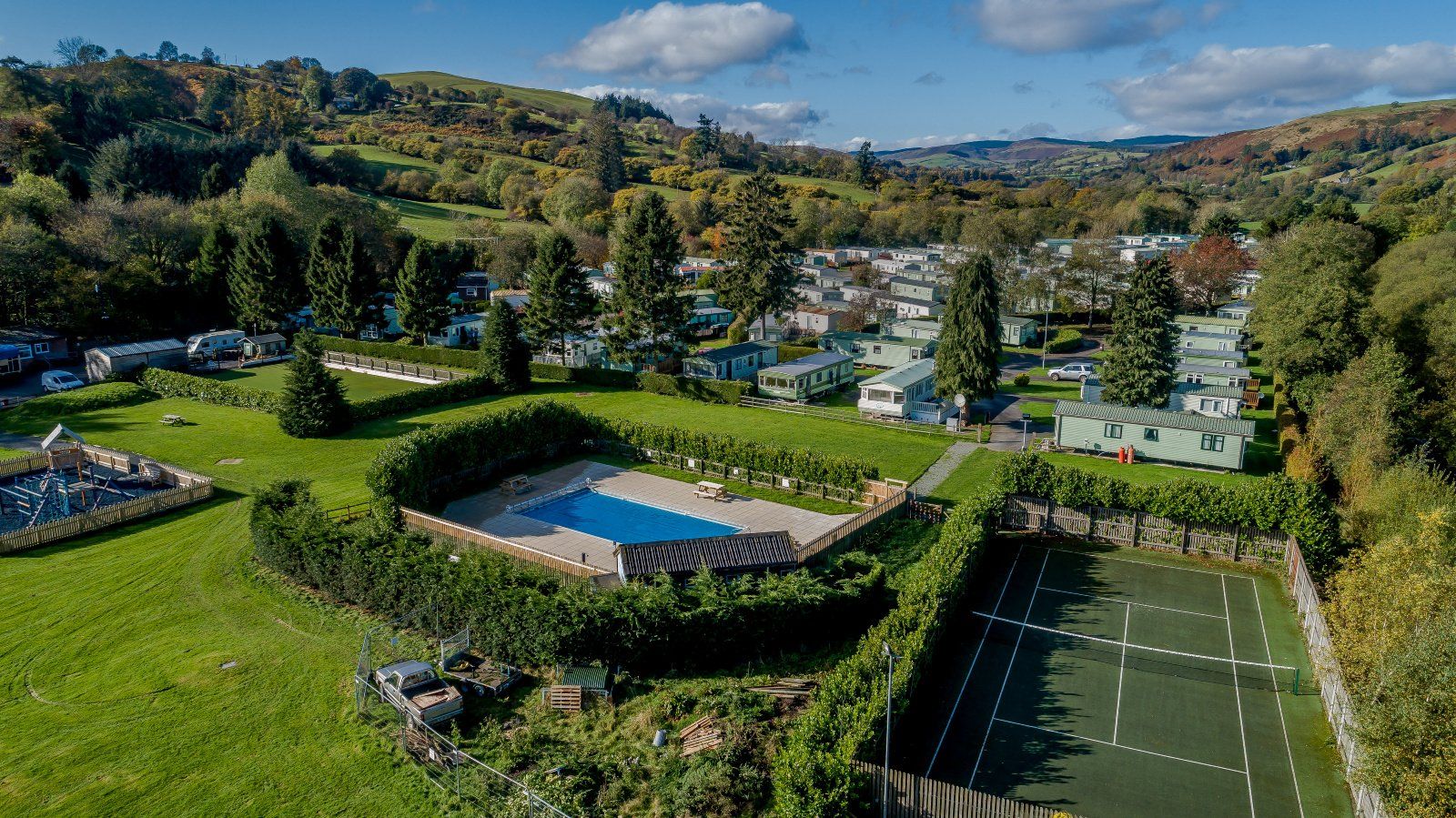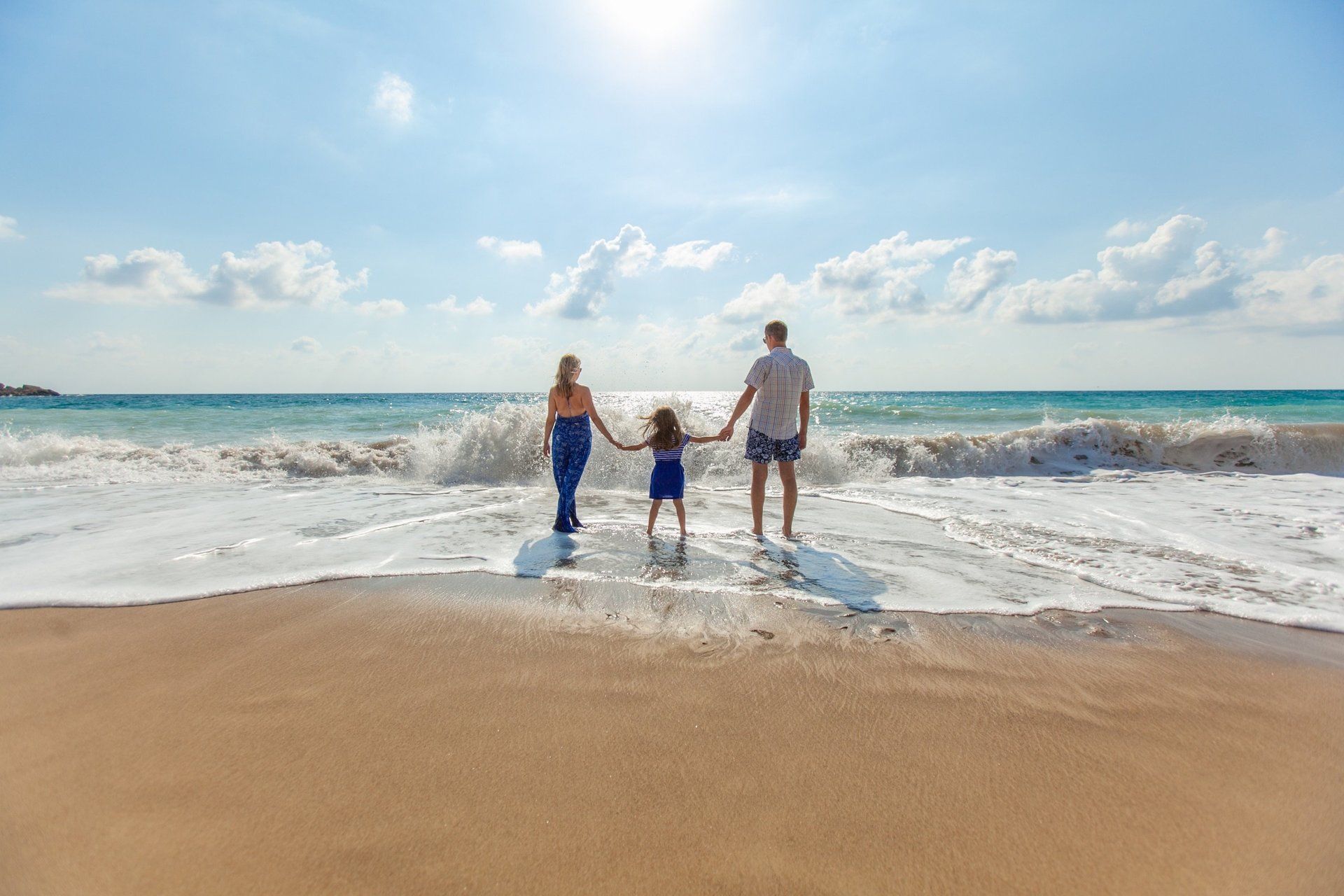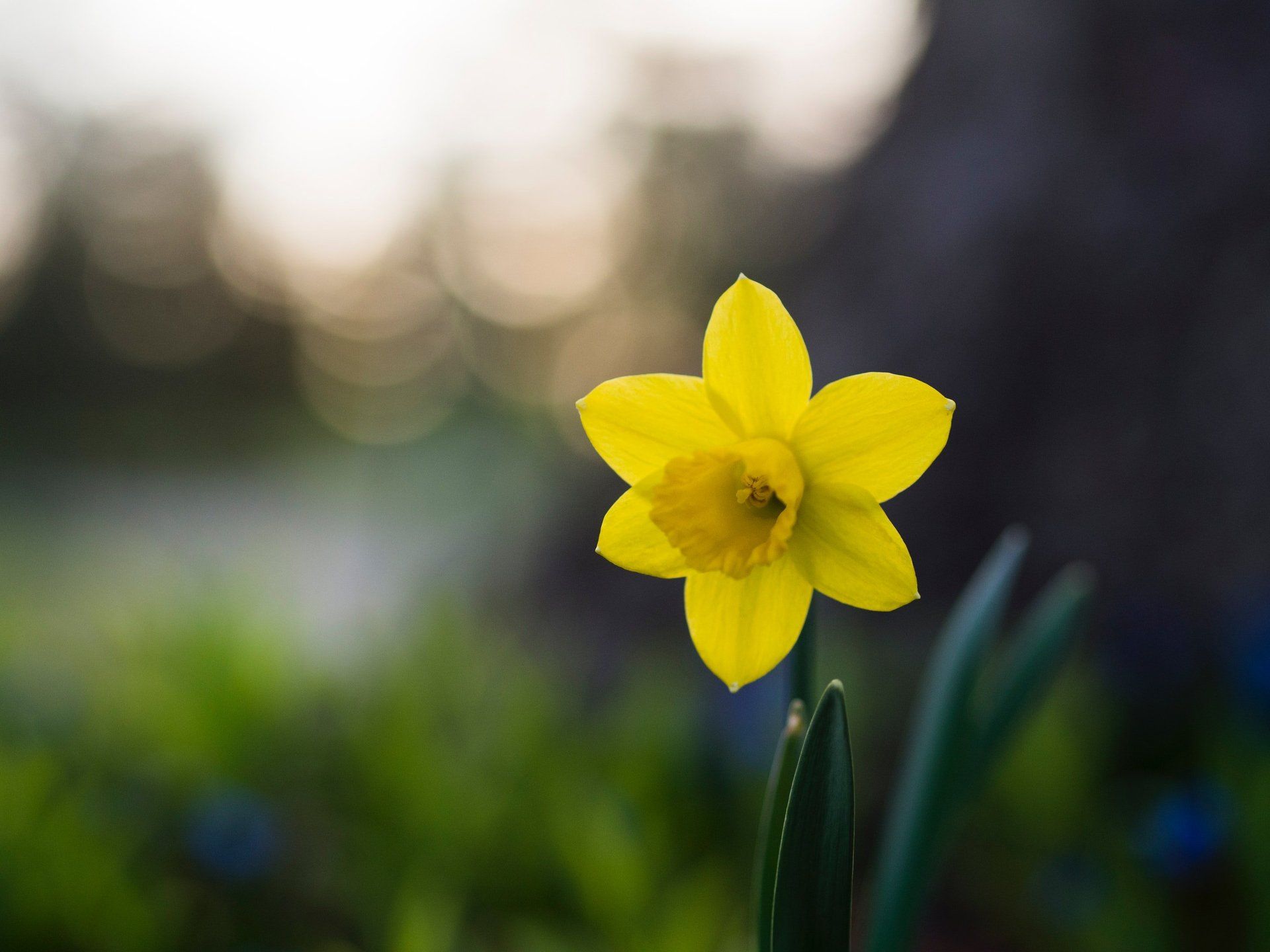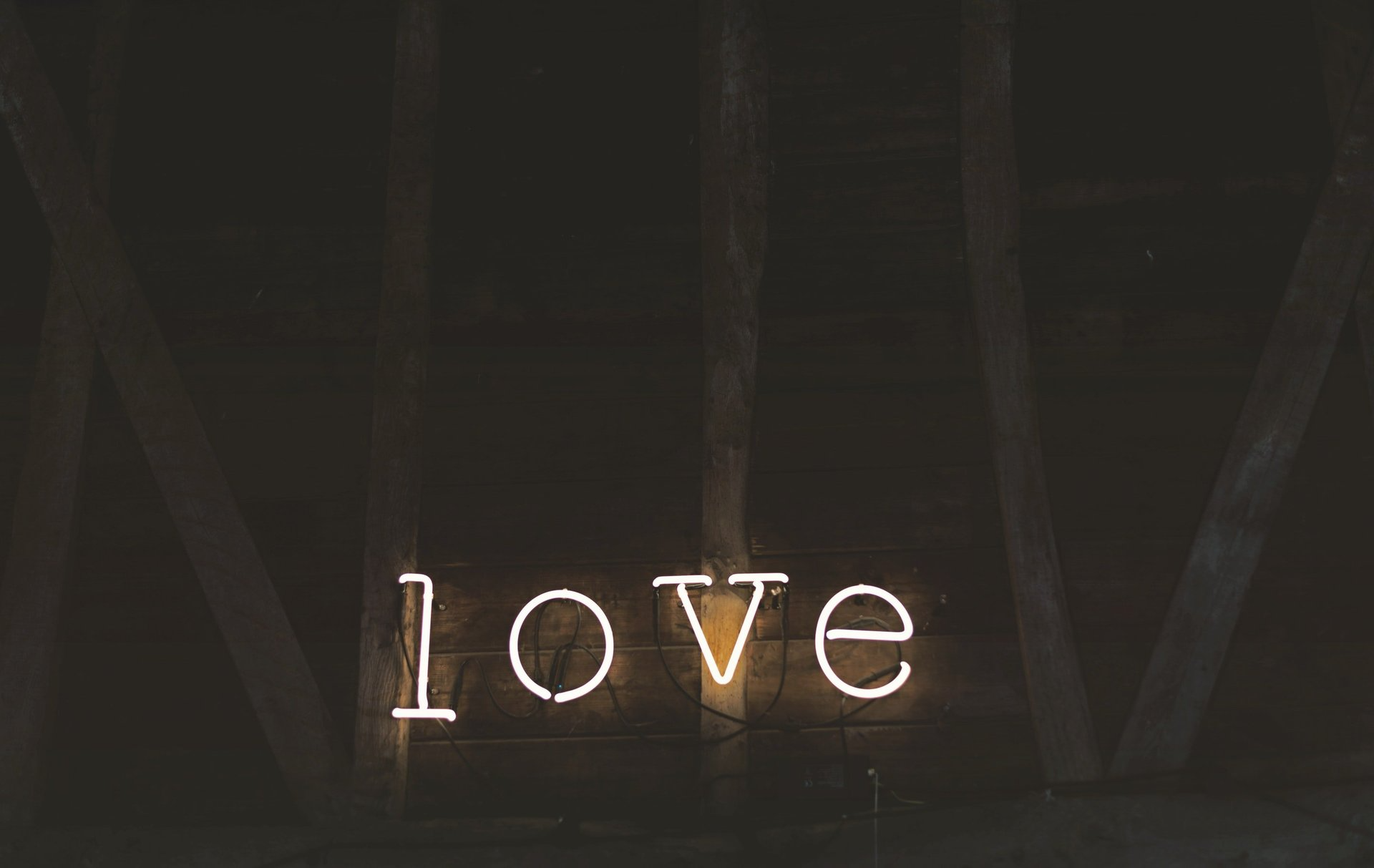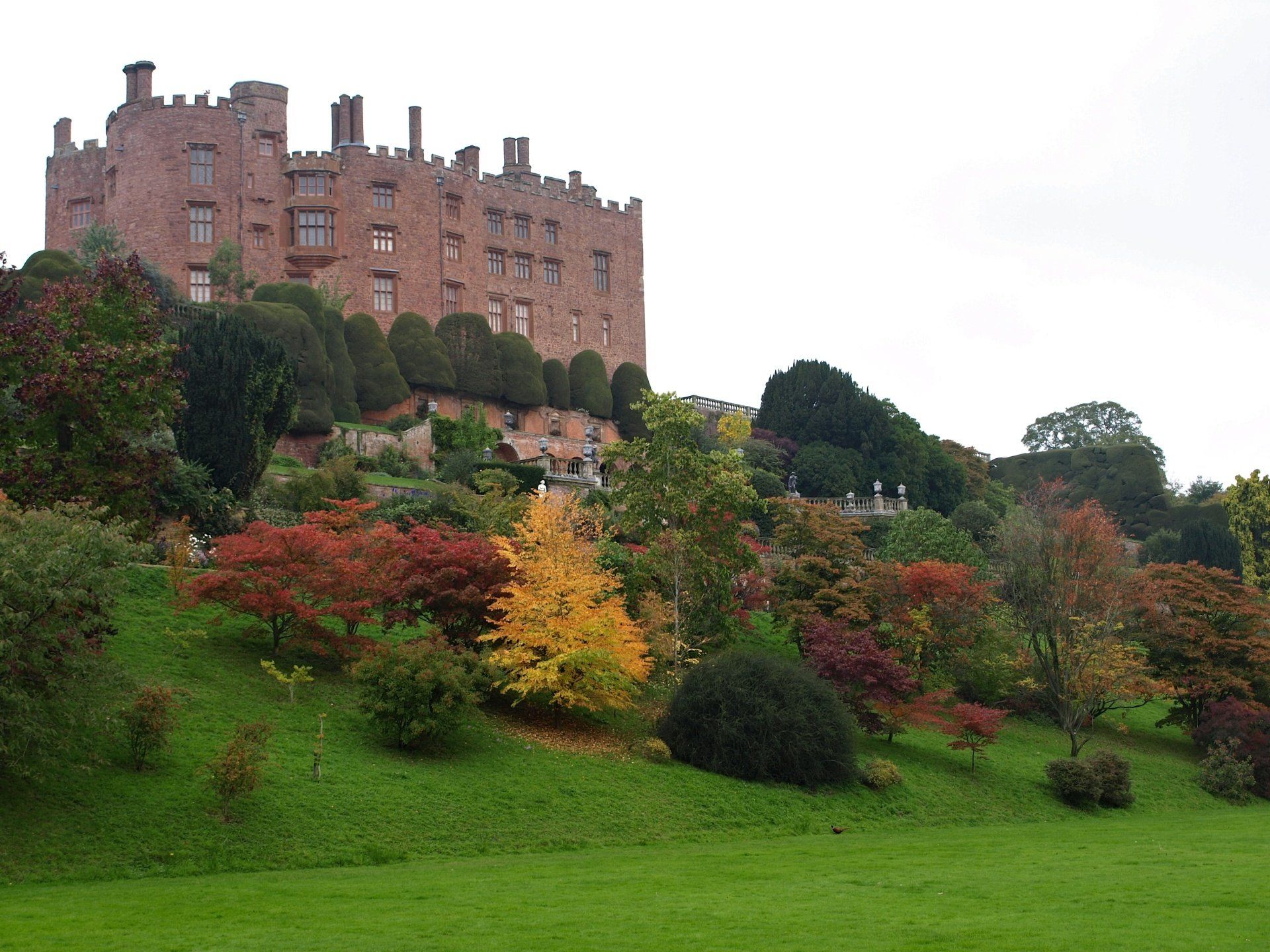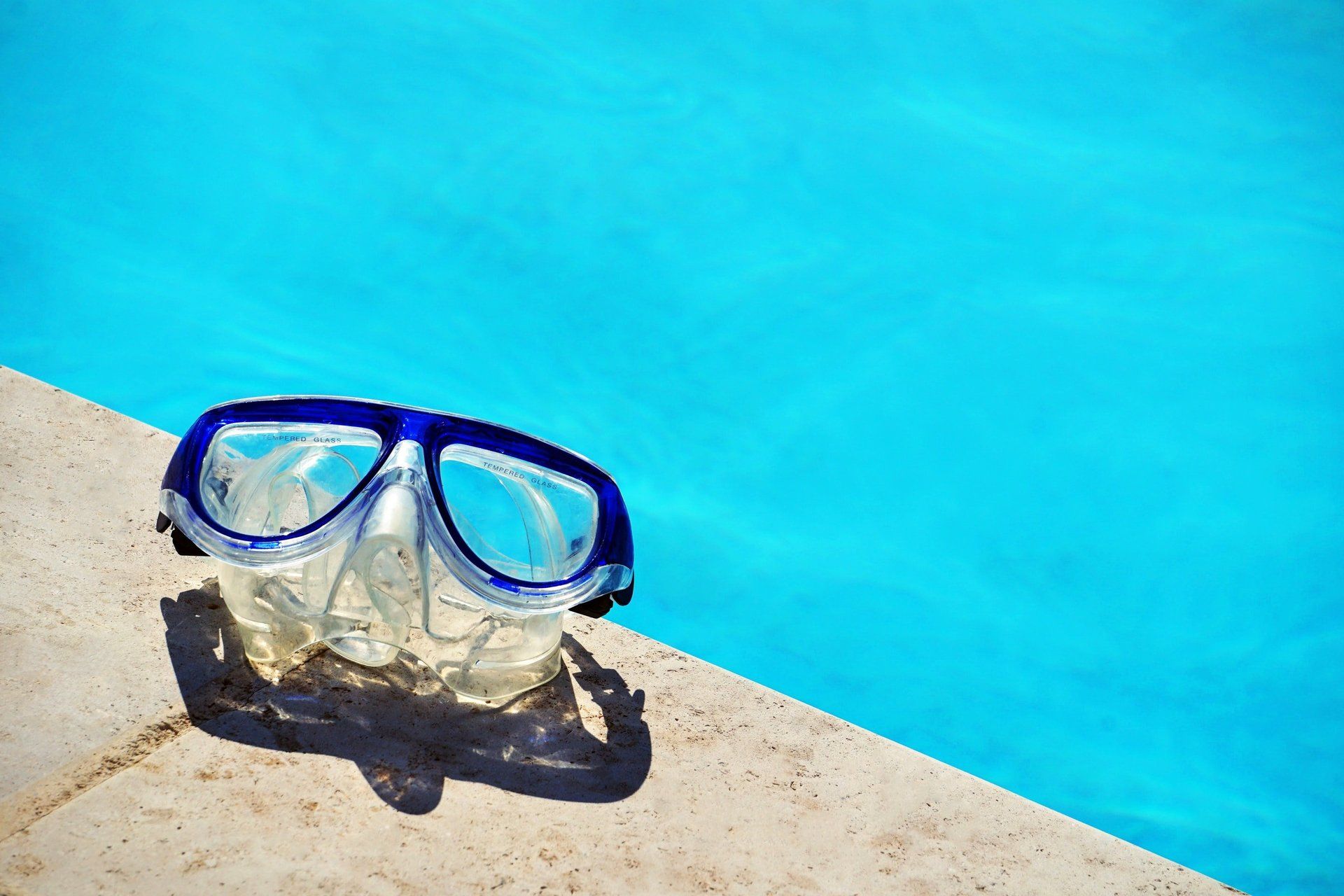Visit Portmeirion
Hannah Wallis • Aug 26, 2020
A Touch of Italy, Tucked Away in Wales!
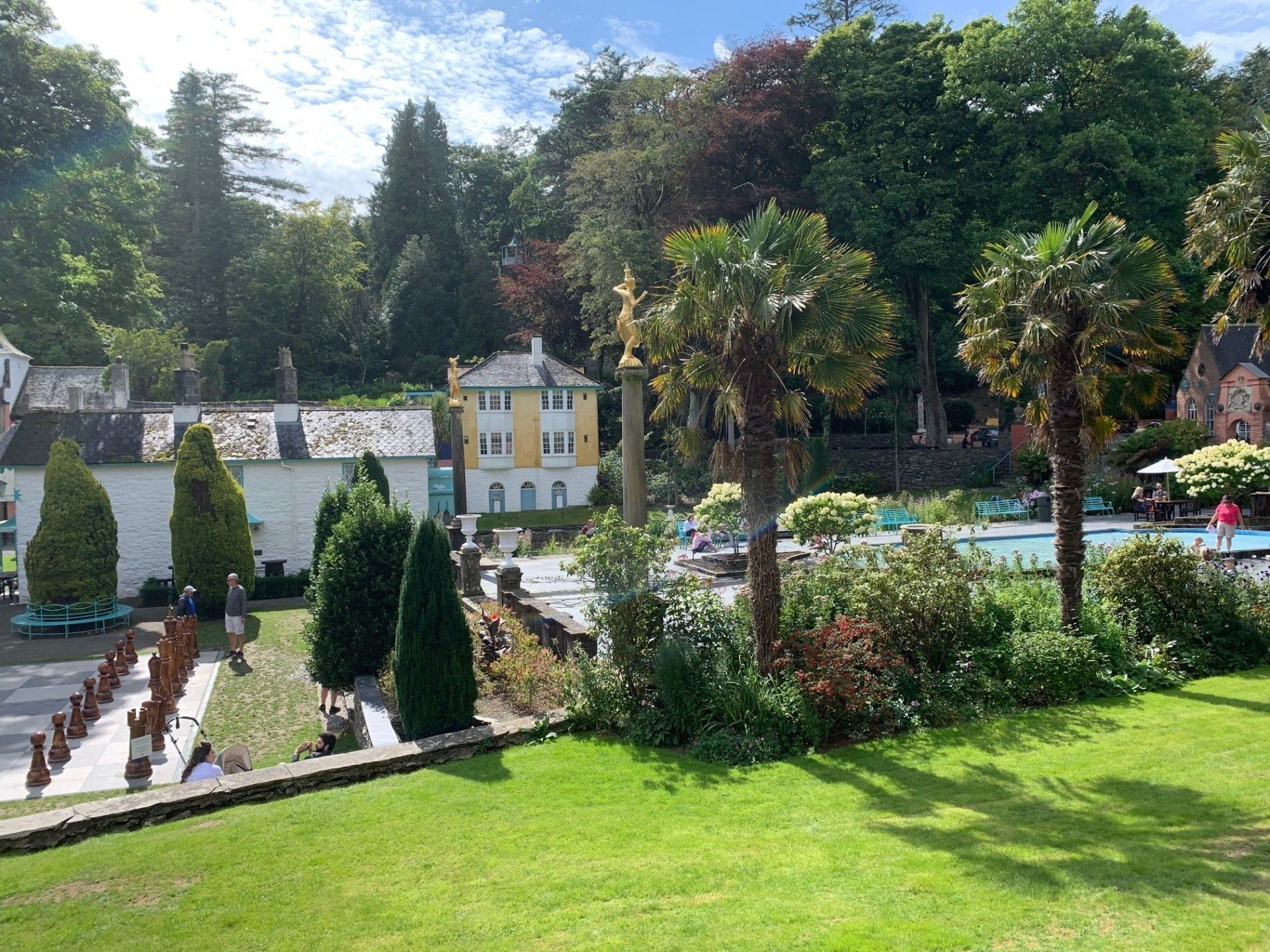 Button
Button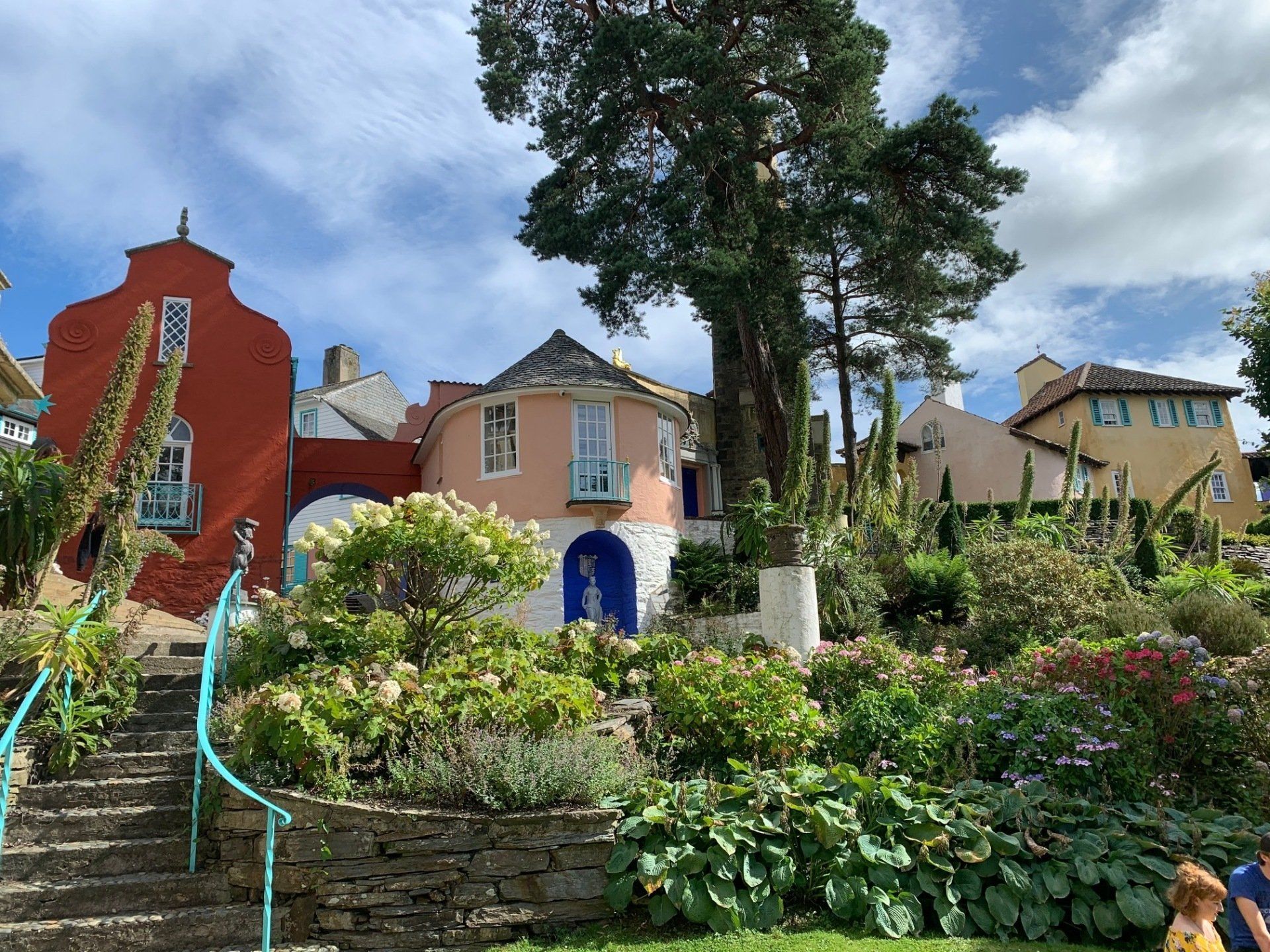
Slide title
Write your caption hereButton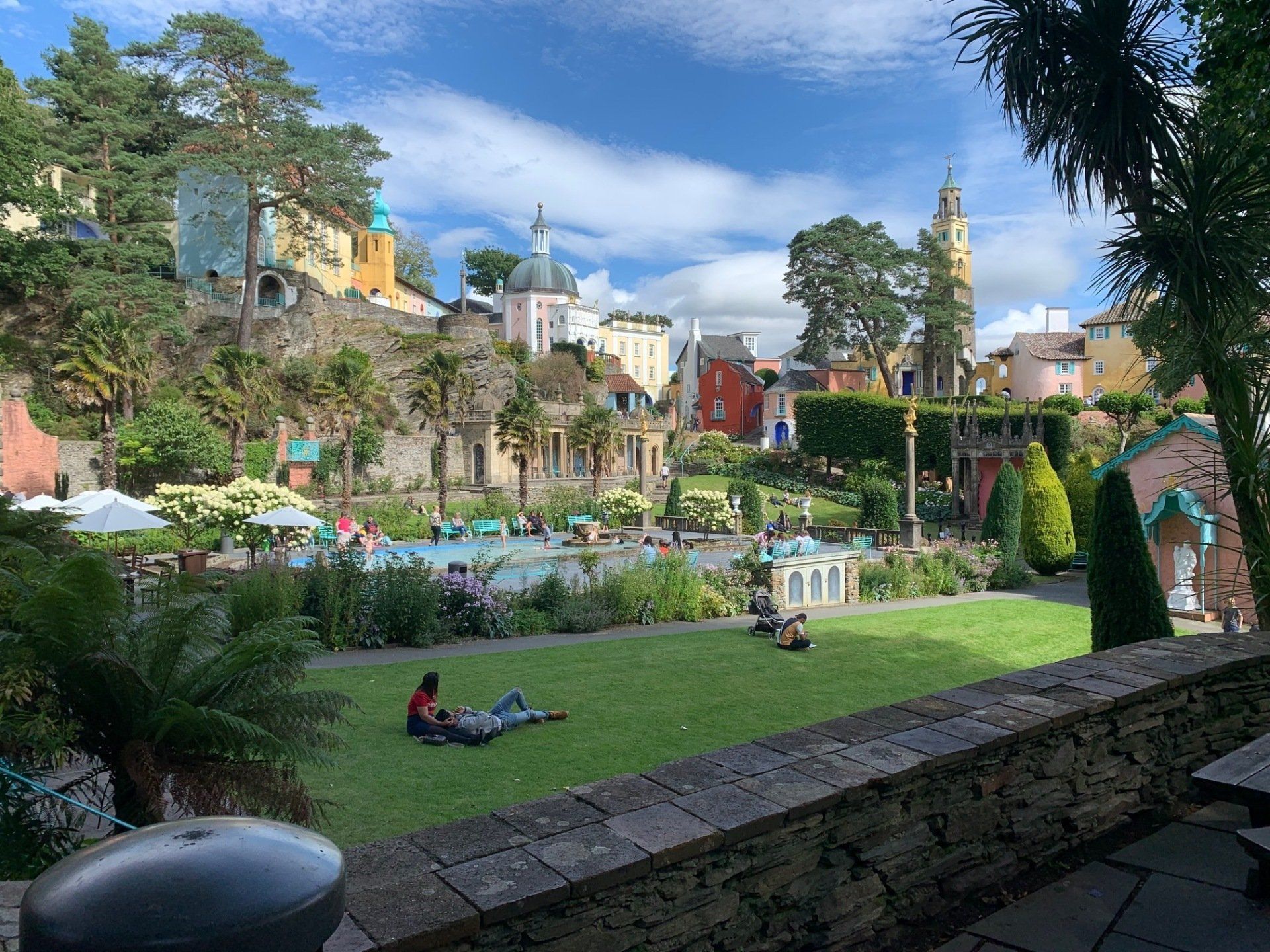
Slide title
Write your caption hereButton
Slide title
Write your caption hereButton
Nestled on the north-west coast of Wales is Portmeirion, a beautiful Italian/Welsh village that really is too good to miss if you’re visiting Wales.
The village of Portmeirion doesn’t resemble other Welsh towns, but that’s for a very good reason. It was built to replicate the beauty of Italy, just in the tranquil landscape of Wales. It comprises a cluster of colour-washed buildings around a central piazza, scenic surroundings, and woodlands, two hotels, historic cottages, gift shops, its very own spa and a plethora of award-winning restaurants and cafes.
Portmeirion was the brainchild of architect Sir Clough Williams-Ellis. The site was originally the home to a tiny village called Aber Iâ, but by the time the land had been bought in 1925 it had been abandoned, and all that was left were overgrown gardens. Clough bought the site for £5,000 and what he proceeded to do would create an explosion of colours and styles across the village. You may wonder if you’ve just stepped off a plane in Portofino!
Using an eco-friendly approach Clough, whose vision was inspired by a Mediterranean piazza, even sourced endangered buildings and unwanted artefacts from all over the globe and rebuilt them to create a nest of loggias, grand porticoes, and tiny terracotta-roofed houses.
So where does the name ‘Portmeirion’ come from? Clough decided to rename the village to port – because of the coastal location – and merion – after the old county of Merioneth.
Clough kept working on Portmeirion right up until he died in 1978 at age 94. Portmeirion is now owned by a charitable trust who run the cafes and shops on site as well as renting out rooms in the hotel and in the village houses.
Fun fact for you
– Portmeirion was used as a location for various films and TV series, but it was 1960s show The Prisoner
that made it famous. Every June for the last few years, the Portmeirion Italianate village turns into a festival fantasyland for Festival No.6, which got its name from the TV show! The festival has musical gigs, arts and culture and family-friendly activities. They’ve even had raves in the woods for all you partygoers out there! Unfortunately, the organisers are not sure when the next festival will be held, but keep your eyes peeled for any announcements.
Whilst here, you won’t run out of things to do, Portmeirion is a fantastic destination for a multi-generational holiday. It’s so easy to forget you are in Portmeirion, when the sun is shining making the pastel shades pop out or when you discover the white sandy beach of the Dwyryd Estuary. Portmeirion is a place crammed full of quirks and mirages.
The village is set amongst 70 acres of forests with 20 miles of walking paths, hidden lakes, temples, and breath-taking views. Whilst visiting be sure to discover The Gwyllt (Wildwood in Welsh) which features some of Britain’s largest trees, secret gardens, rare flowers and even a derelict castle! Whilst exploring keep an eye out for the exotic Japanese Garden with its pagoda and lake, the secret dog cemetery, tangle Wood, Ghost Garden and Shelter Valley.
Down on the shore is the Amis Reunis, a stone boat that children (and adults) can clamber around. No visit would be complete without seeing the famous ‘Stone Boat’ of Portmeirion.
If your idea of bliss is a glass of wine with a view, there are plenty of terraces overlooking the sea for you to enjoy. There is a great range of eating and drinking options too, from fine dining at Hotel Portmeirion and Castell Deudraeth, to quaint cafes and even a town hall with a restaurant and bar.
And for you shoppers out there, there is also several small shops to visit including a bookshop, boutique, art gallery and a Welsh products store.
Portmeirion is also the home of Portmeirion Pottery, a brand sold all around the world. It was Sir Clough William-Ellis’ daughter Susan who created the pottery company in 1960, so that visitors to the village could take home their very own souvenir after their visit. Be sure to grab one before you leave!
And a major advantage in all this? Twin Twin Rivers is just an hour’s drive away from this quirky Italian inspired town. We are surrounded by Welsh countryside and some breath-taking spots, so why not mix up your traditional Welsh holiday with a little Italian magic.
After being closed due to COVID-19 and coronavirus restrictions, Portmeirion Village is now open again every day from 9.30am to 5.30pm, with main shops, cafes, restaurants, and coffee shops open for business. Unfortunately, neither the Mermaid Spa nor the free land train ride, usually offered to the Oriental Garden, are open for the foreseeable future, but don't let that put you off, there really is so much more to see and do. We guarantee you won't be disappointed!

By Leanne
•
05 Jan, 2021
2021 didn’t start with a bang like every other new year. No real fireworks, no mass crowds belting out Auld Lang Syne, in fact no gatherings at all. We all missed family and friends this Christmas and settled for a quiet festive period in the hope that we would help shift along this pandemic. And so far, this year, that seems a little further away than we’d all hoped. However, with this last push of lockdown 3.0 and the heavy reliance on the new vaccines, we all sit and hope that there will very soon be an end to what has been an exceedingly difficult year. And, although we could all dwell on the negatives, there are many, we’re hoping that this new year will bring cheer, new opportunities, and the chance to hug our loved ones again. With that in mind, here at Twin Rivers Holiday Park we are gearing up for a happy, healthy 2021 and cannot wait to welcome back our customers, past, present and new. Once we are through this lockdown, staycations are set to make a return for this year and we’re working hard to make Twin Rivers staycation central. So, whether you’re looking for a romantic break for two complete with champagne on ice and steaming hot tub or a fun-packed family holiday look no further than Twin Rivers. We have a variety of bespoke, modern accommodation including glamping units, shepherds’ huts, and deluxe lodges for you to choose from and we can cater for all budgets. Plus, your stay will include use of our facilities including outdoor heated swimming pool, children’s play park and fishing (when in season) (COVID-19 restrictions permitting).
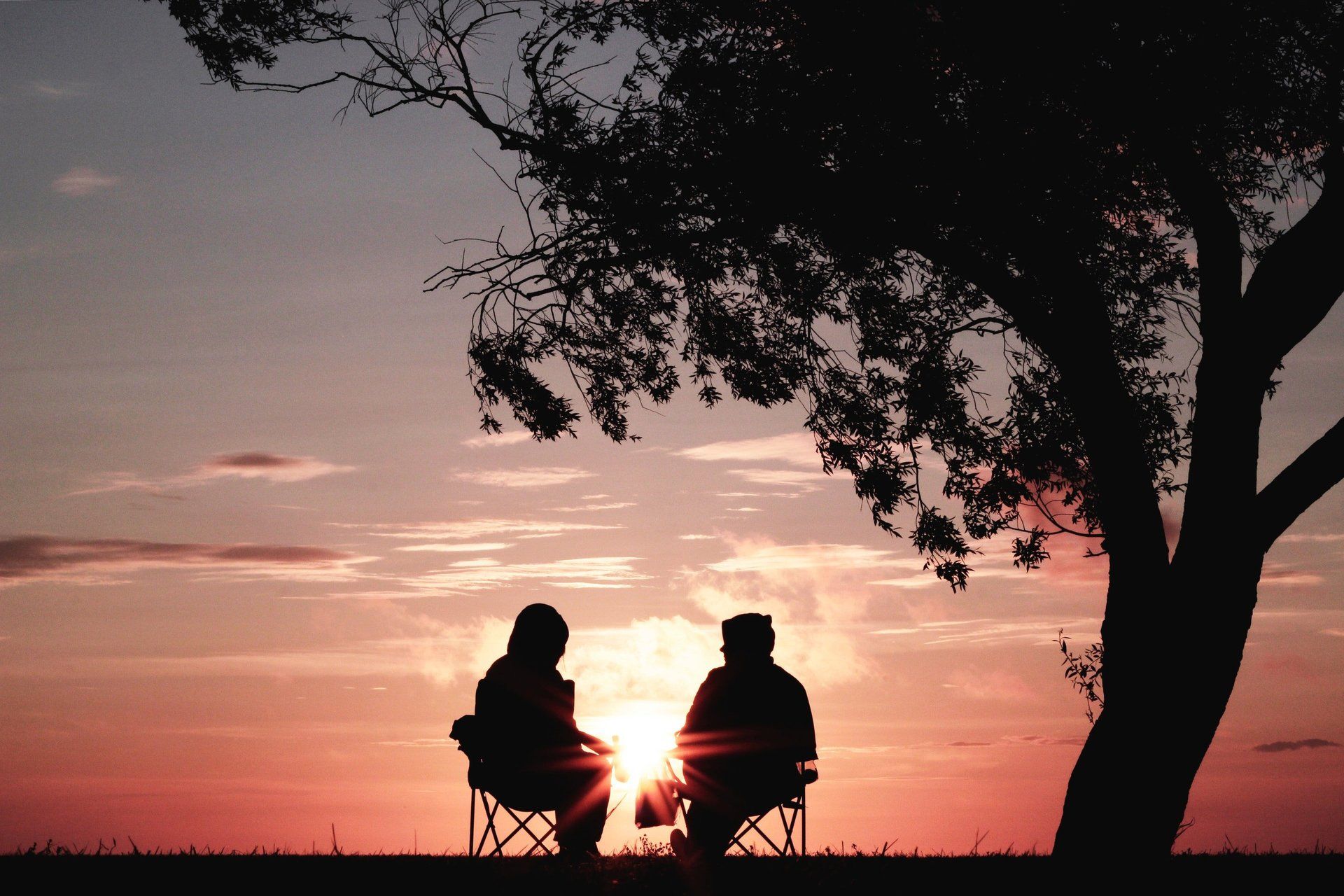
By Leanne
•
16 Dec, 2020
If you’ve never been to Wales before perhaps the first thing you’ll notice is the road signs are in two different languages, Welsh and English. That’s because Wales has its own language and when you’re out and about it’s guaranteed you’ll hear the locals speaking in their native tongue. Welsh or Cymraeg is spoken by approximately one quarter of the Welsh population and is thought to be up to 4000 years old. It originates from the Celtic language spoken by the ancient Britons. But the language is lucky to have survived because it was banned and laws were passed which removed the official status of the language after Henry VIII’s act of union in 1536. So, the Welsh language was suppressed as people had to work and progress whilst speaking English. But that’s not all. During the Industrial revolution, native English speakers moved to Wales, further diluting the Welsh language as many workplaces adopted the English language or became bilingual. English was fast becoming the default language of Wales and by the 20th century it looked likely that Welsh language would die out altogether. Thanks to many political campaigns during the mid to late 20th century, the Welsh language was brought back from the threat of extinction. And in 1992, thanks to the Welsh Language Bill, the language was given equal status to English in all public bodies. Today, Welsh schoolchildren are taught the language until they are 16, there are welsh schools, TV channels, films, and newspapers. In some parts of Wales, Welsh is the first language. If you’ve booked your staycation at Twin Rivers Holiday Park in one of our deluxe lodges or unique glamping units, we can’t wait to meet you, but we’ve also provided a whistle-stop tour of the Welsh language to help you get by on your travels. 1. Su’mae – hello (pronounced shoo-mai) 2. Cymru – Wales (pronounced kumm-ree) 3. Cymru – Welsh (the language) (pronounced kumm-ry-g) 4. Bore da good morning (pronounced bore-ray-dah) 5. Prynhawn-da – good afternoon (pronounced prin-how’n-da) 6. Nos-da – good night (pronounced nohs-dah) 7. Sut mae? – how are you? (pronounced sit-mi in North Wales 8. Os gwelwch yn dda – please (pronounced os-gwell-och-un-thar) 9. Diolch – thanks (pronounced dee-olch 10. Croeso – welcome (pronounced croy-so)
Foel, Welshpool, Powys SY21 0NS
© 2021 All Rights Reserved | Twin Rivers Country Park
Website designed by Brand & Flair Ltd
Join our mailing list to receive discounts, useful tips, park news and updates...
Join our mailing list for general park news
Thank you for joining our mailing list.
We will get back to you as soon as possible.
Oops, there was an error adding you to the list.
Please try again later.

